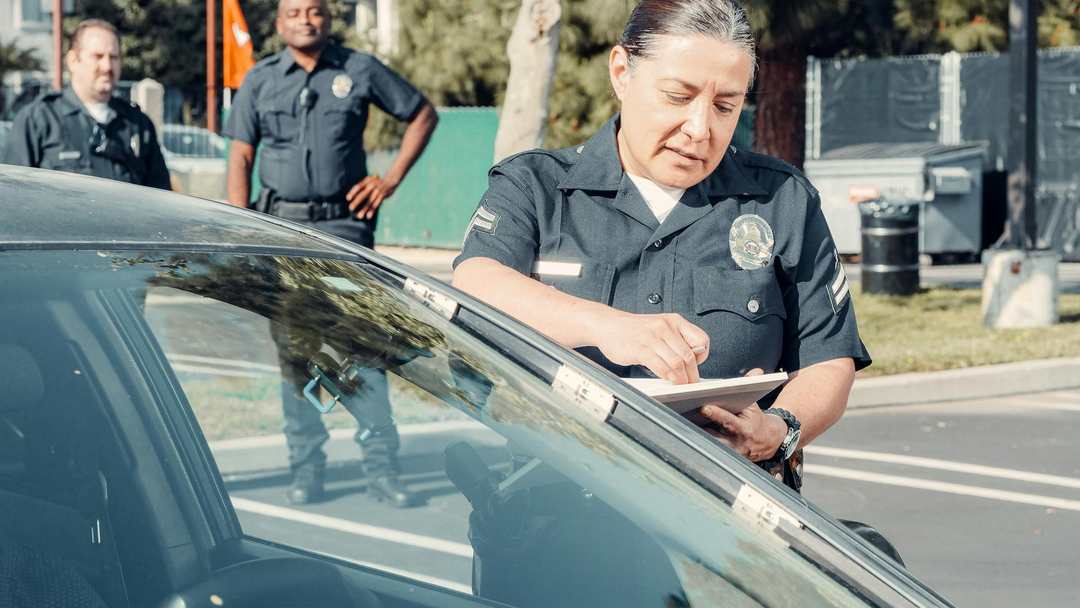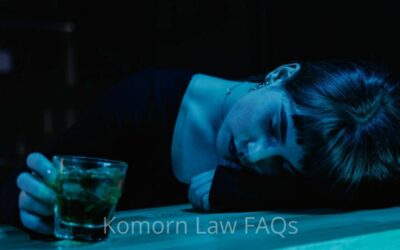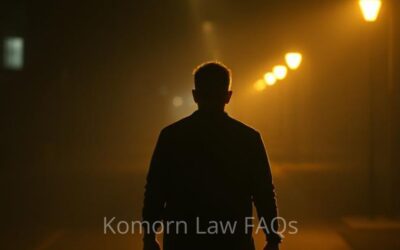The “automobile exception” in Michigan law allows police to search a vehicle without a warrant if they have probable cause to believe it contains evidence of a crime.
This exception is grounded in the idea that vehicles are inherently mobile, meaning evidence could be moved or destroyed before a warrant is obtained.
Probable cause is a key element in applying this exception.
If law enforcement has a reasonable belief—based on the facts and circumstances—that the vehicle contains contraband or evidence of illegal activity, they can conduct a search.
This standard often arises in cases involving drug-related offenses.
For example, the smell of marijuana has frequently been cited as a factor contributing to probable cause, although recent rulings have added complexity due to the legalization of marijuana in small amounts under Michigan law.
Use You Right To Remain Silent
If you have been accused or charged with a crime.
Say nothing to anyone. Talk to us first.
Our firm is experienced in both State and Federal courts defending clients.
CALL NOW
One notable case is People v. Kazmierczak (2000), where the Michigan Supreme Court ruled that the smell of marijuana alone could justify a search under the automobile exception.
However, as marijuana laws evolved, this principle was reconsidered.
In People v. Armstrong (2023), the court ruled that while the smell of marijuana can contribute to probable cause, it must be combined with other suspicious factors to justify a search.
The debate around this exception continues as courts balance law enforcement’s ability to investigate crimes and individuals’ privacy rights, especially with the legalization of marijuana in Michigan.
Cases
Several legal cases have examined the validity of conducting warrantless vehicle searches based on the odor of marijuana, particularly considering the changing landscape of marijuana legislation.
People v. Freddie Wilkins III (2024): In Wilkins’ case, the search was triggered by the odor of marijuana, but his defense challenged whether that alone should constitute probable cause for a broader search, particularly when possession of small amounts of marijuana is legal.
People v. Armstrong (2023): In this instance, the courts in Michigan reassessed the applicability of the automobile exception, taking into consideration the provisions outlined in the Michigan Regulation and Taxation of Marihuana Act (MRTMA).
The court ruled that while the smell of marijuana could still contribute to probable cause, it must be accompanied by other suspicious factors to justify a search. This case closely mirrors Wilkins, where the search was based on marijuana odor but also raised questions about unregistered firearms found during the search.
People v. Moorman (2020): During a traffic stop, a police officer detected the scent of marijuana, and when the defendant denied possessing any, this denial, along with the odor, provided the officer with probable cause to conduct a search of the vehicle.
The court found that the defendant’s behavior, along with the odor, justified the search, similar to the arguments presented in Wilkins. The ruling was based on the idea that such behavior suggests illegal possession beyond the legal limits
People v. Kazmierczak (2000): Previously, Michigan courts held that the smell of marijuana alone was sufficient to establish probable cause for a vehicle search.
However, this decision was later overruled in part due to changes in marijuana laws.
This case laid the groundwork for discussions like those in Wilkins, where courts must determine if the presence of marijuana (legal in small amounts) is enough to justify a search.
Note: This article provides a general overview and does not substitute for legal advice. Anyone charged with a CSC offense should consult an attorney for specific legal guidance.
More Articles
Resisting an Unlawful Arrest in Michigan
Michigan Criminal Laws FAQs Resisting an Unlawful Arrest in MichiganThe question of whether you can legally resist an unlawful arrest in Michigan is complex, and the answer is generally no, with very limited exceptions. While the idea of defending oneself against an...
Criminal Law FAQs – Assault with Intent to do Great Bodily Harm Less Than Murder (AWIGBH)
Michigan Criminal Laws FAQs Assault with Intent to do Great Bodily Harm Less Than MurderAccording to Michigan State Law (Michigan Compiled Laws - MCL), Assault with Intent to do Great Bodily Harm Less Than Murder (AWIGBH) is a serious felony offense defined in MCL...
Criminal Law FAQs – Operating a Vehicle with a High BAC
Michigan Criminal Laws FAQs Super Drunk (High Breath Alcohol Content)Operating a Vehicle with a High BAC (Super Drunk) - MCL 257.625(1)(c)FAQ 1: What BAC level qualifies as "High BAC" or "Super Drunk" in Michigan? Answer: In Michigan, operating a vehicle with a blood...
Criminal Law FAQs – Bench Warrant
Michigan Criminal Laws FAQs Bench WarrantsAccording to Michigan State Law (Michigan Compiled Laws - MCL), a Bench Warrant is a court order that directs law enforcement officers to arrest and bring a specific individual before the court. It's issued by a judge (from...
Criminal Law FAQs – Traffic Offenses
Michigan Criminal Laws FAQs Traffic OffensesAccording to Michigan State Law (Michigan Compiled Laws - MCL), Traffic Offenses encompass a wide range of violations related to the operation of motor vehicles on public roads and highways. These offenses are primarily...
Criminal Law FAQs – Drunk and Disorderly
Michigan Criminal Laws FAQs Drunk and DisorderlyAccording to Michigan State Law (Michigan Compiled Laws - MCL), there isn't a specific statute that solely defines "Public Drunkenness" as a statewide criminal offense in the same way some other states might have a...
Criminal Law FAQs – Drinking Alcohol or Smoking Marijuana and Driving
Michigan Criminal Laws FAQs Operating a Motor Vehicle Under The InfluenceWalking is cool... For fun and excercise. Not because you lost your license. Don't do the crime if you can't pay the price. But if you do get charged with a crime. Better Call Komorn to fight for...
Criminal Law FAQs – Probation Violations
Michigan Criminal Laws FAQs Theft CrimesAccording to Michigan State Law (Michigan Compiled Laws - MCL), a Probation Violation occurs when a person who has been sentenced to probation fails to comply with the terms and conditions of their probation order. These terms...
Criminal Law FAQs – Theft Crimes
Michigan Criminal Laws FAQs Theft CrimesAccording to Michigan State Law (Michigan Compiled Laws - MCL), Theft Crimes generally involve the unlawful taking of someone else's property with the intent to deprive them of it, either permanently or for a significant period....
Criminal Law FAQs – Domestic Violence
Michigan Criminal Laws FAQs Domestic ViolenceAccording to Michigan State Law, Domestic Violence is not a standalone criminal offense but rather a designation applied to certain crimes when the victim is a "spouse or former spouse, an individual with whom the person...



















